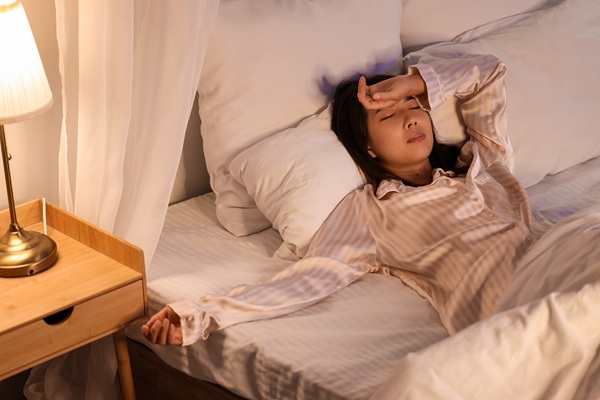Do Dental Appliances Work for Sleep Apnea?

If you have recently gotten a sleep apnea diagnosis, you will want to learn about the treatment options and how they work. CPAP devices are the most popular, but dental appliances are also a non-surgical option to consider. Continue reading to learn about the effectiveness of oral devices for sleep apnea treatment.
Dental appliances for sleep apnea
Dental appliances for treating sleep apnea are also called oral appliances, dental sleep devices or, more technically, Mandibular Advancement Devices (MAD) or Jaw Advancing Devices (JAD).
Nightguards are often mistaken for oral appliances. Although they may look like nightguards, the similarities are just that—the appearance. A night guard usually protects the teeth from the effects of grinding and clenching during sleep. A night guard cannot correct the underlying reason behind sleep apnea—a restricted airway.
How the appliances work
The aim of using a dental appliance to treat sleep apnea is to keep the airway open while sleeping. The device achieves this objective by preventing the tongue and jaw from collapsing into the airway during sleep. By stopping the obstruction of airflow, the dental appliance can stop snoring and sleep apnea. Oral appliance therapy is approved by the American Academy of Sleep Medicine for treating obstructive sleep apnea and snoring.
Most patients are comfortable wearing the sleep apnea oral appliance and adjust quickly to wearing it like a custom-fitted mouthguard when sleeping. The dental appliance is designed using precise specifications to meet individual requirements and achieve the patient’s desired results. With recent innovations in the technology used for producing oral appliances, it is now possible to use 3D printing to enhance fit, durability and comfort of each device for each patient.
The sleep appliance is convenient to wear and does not interrupt regular sleep. Using the device improves sleep quality, and patients often report waking up feeling more rested. Ultimately, there is a high satisfaction rate with dental appliances.
The benefits of using oral appliances
Although there is no specific therapy that is 100 percent effective for treating sleep apnea, dental appliances are an effective option for many people. There are some additional benefits of oral devices, including:
- Portability makes them easy to carry when traveling
- A noiseless operation allows for uninterrupted sleep
- No electricity needed to operate
- Comfortable for sleeping in any position
Dental sleep apnea treatment ensures a better quality of life, as well as a longer and healthier life. The dentist will perform a comprehensive evaluation to make a diagnosis and recommend the proper treatment for sleep apnea. Different dental devices are available nowadays, but only the appliances recommended and provided by the dentist have been proven over time to be effective.
In cases of severe sleep apnea, an oral appliance may not be advisable because it may not provide adequate support for the compromised air passage. In some cases, a dental device may be recommended to make wearing a CPAP machine more tolerable.
In summary
So, if you want to know if dental appliances work for sleep apnea, the answer is yes. A dentist can provide a device made specifically for you with the backing of the latest research and clinical techniques.
Request an appointment here: https://blossomdental.com or call Blossom Dental Excellence at (408) 444-9984 for an appointment in our San Jose office.
Check out what others are saying about our dental services on Yelp: Sleep Apnea in San Jose, CA.
Related Posts
Caring for a child's teeth is essential to their overall health. Pediatric dental care focuses on keeping smiles healthy, preventing common dental problems, and ensuring children develop good oral hygiene habits early. From routine checkups to specialized treatments, pediatric dentists offer a range of services designed to protect teeth and gums while making visits to…
Patients missing one or more teeth may benefit from implant dentistry, which offers long-term replacement options. Continue reading to learn about replacing a single lost tooth with an implant. Implants are used to hold single crowns, bridges, or a whole set of teeth in place. Their application as fixed restorations, whether for single or multiple…
Implant dentistry makes everyday activities easier. After tooth loss occurs, certain activities can become more of a challenge, and it can affect the person’s appearance and level of confidence. The good news is that many restore their confidence level and improve their ability to eat, speak, and care for their smile each day with implant…
Your implant dentist may refer to a part of your dental implant restoration as an “abutment.” For many, this is a new term, and understanding what the implant dentist means can be helpful to feel more comfortable about what you can expect with the treatment process and your restoration.A dental abutment is a connecting piece…
